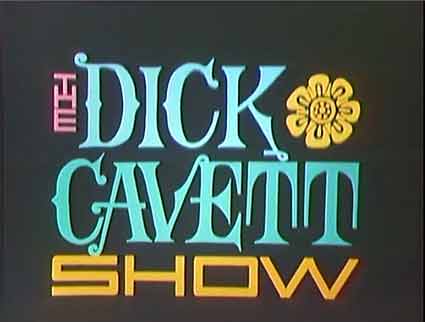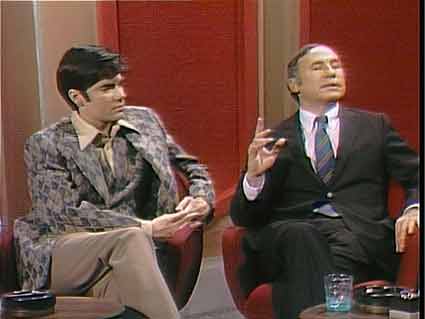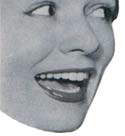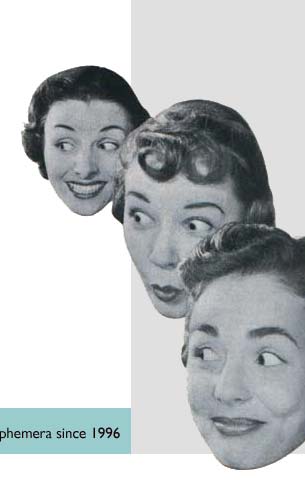It snowed last night. That’s a bit of an understatement. I made a brief video-whatever of the joy; it’s here (2MB; Quicktime required; let it load before you hit play. I do not believe in autostart. The colored things are gel flowers made and affixed to the kitchen window; the music is “Snowy Morning Blues, by the great James P. Johnson.) (No dogs were harmed in the making of this movie. Humiliated, perhaps, but he took it well. Gnat had a friend over, and they decided to - well, you'll see.)
Sat down to watch the Sopranos last night. The TiVo did not record it. I’d checked an hour before – record as planned, it reassured me. Nothing. O the fury. I tried to watch a “Lost” I hadn’t viewed, but I wasn’t in the mood – the repeats and missed episodes (again, the TiVo has failed me) have blunted my interest. I found myself not really caring about Claire’s baby. As far as I can tell they have some guy locked in a closet – I missed the episode where they found him – and he has Secrets of some sort, which I trust will not be satisfactorily revealed. In short, I don’t have any more questions about the main characters; as others have noted, I don’t know why Hurley hasn’t lost weight, and I really can’t figure out why no one’s built a still.
I’m going to step away and wait for the DVDs. Same with BSG – missed too many episodes. This means there are now three shows I cannot read about, lest I encounter spoilers. Ah well. Everything comes out on nice shiny discs eventually. I’ve been watching the Dick Cavett Comedy Legends the last few days, much to my surprise. There’s one period in the 20th century for which I have no love and less pity, and it’s the narrow transitional window of 1969 to 1975, the period of Cavett’s prime. This era coincides with my early teen years, which is probably why it all leaves me unenthused – but it’s also a time where the print media got ugly, and TV had this odd hard cold plastic sheen. A fatal combination of lighting and camera technology, color schemes, and set design. Everything looked happy and false and garish. Everything looks like Dean Martin’s Vegas Mausoleum.
The black-and-white clips have a different feel; they look like transmissions from a nearby planet, a lost era with inexhaustible reserves of Cool. Anyway.

Many hosannas are usually heaped at Cavett’s feet for his “intellectual” approach to the talk show genre, but this says more about the genre than the host. He’s certainly an intelligent man, articulate and genial, but there’s a reason he’s in the second tier of talk-show greats. His persona suggests something that simply isn’t in evidence. Smart as he is, you suspect that you’re supposed to think he’s smarter; witty though he could be, you wonder what wit might flower if it weren’t for The Man, in this case the Network, keeping a close eye on this questionable fellow, this odd fellow who no doubt has a picture of Mort Sahl in the dressing room, and thinks the Smothers Brothers got a raw deal. (Communist!) It’s these insinuations that gave him a lot of credibility, I think. He was the anti-Carson in a genre that couldn’t admit such a thing was possible or even necessary. He performed a service by which the viewer could flatter himself: I am not watching Joey Bishop or Carson, because I am Cavett person. His monologues were not particularly funny - but whose were? By then the bombing monologue was a staple of the genre. His one-liners were often delivered underhand, which is fine, but he always seemed to apologize for them in an endearing way that suggested he had repressed 394 other really good jokes. The wry eyes and the vague half-smile convinced everyone he was far smarter than any of this.
The evidence is inconclusive. He’s always auditioning to be the Best Friend of the big sluggers, be it Hope or Groucho or Woody. They’re perfectly content to treat him as an equal because he’s a nice guy. But you never, ever suspected that Hope or Groucho or Woody ever regaled a dinner party with an anecdote about something Dick said.
In the intro to the long interview with Hope, Cavett quoted soemthing Carson told him: "When you have those great stars on, of that era, Hope, Benny, you get a feeling that maybe you're on a par with them." Cavett notes that he found the remark "intelligent and touching." I suspect that the quote continued with a piece of advice, perhaps unspoken: but maybe you’re not.
So what? So nothing. Like I could do what Cavett did, night after night, year after year, with that much restraint. (But the restraint is sometimes maddening; when confronted with Sly Stone, who’s so high his hallucinations have nosebleeds, Cavett just picks at him, unwilling to make the guest the butt of the jokes – even though the guest has just paid him an insult by showing up insensate.)
Give the fellow his due; in the “Comedy Legends” shows he didn’t try to match wits with the talent, he simply let them roll, as a good host should do, and it makes for interesting viewing. Bob Hope is a battleship who’s been docked for a few years but still thinks he steams the bounding main; his self-confidence is glacial, and his version of introspection consists of dragging out a gag he hadn’t used in 20 years. It’s fascinating, in the way that the Sphinx is fascinating. Groucho, who appears a few times, is all deadpan zen; hard to think of someone else about whom we knew so little and loved so much.

Mel Brooks is a delight – relaxed, smoking cigarettes, doing Sinatra imitations, barking at the audience, being himself: happy little eyes, big braying mouth. (The other guest on that show was Rex Reed, who was an insufferable ass, and the utterly incoherent stars of “Zabriskie Point” – Cavett was either too nice or too inept to detect that the interview was beyond salvation, and that the guests should be fed to the shredder; this was left to Brooks, who made chopped liver of the two without humiliating them.) Woody Allen is . . . a pervert. By his own admission. The audience applauds! Perverts are cool! He’s very funny; he’s alarmingly good, loose and confident – but you wonder how much of the audience’s regard came from who they thought he was, and the things they invested in his character. The minute he drops the comic routines, stops free-associating and starts talking about his diet or foreign movies, he’s a peculiar little nebbish from Brooklyn, and becomes Allen Konigsberg. To maintain the admiration – and you can feel it glowing from the audience like an old clock dial in the dark – he has to use the comic persona. He has to move forward constantly. Like a shark, you could say.
Sign of the times, this quote. (Sound file.)
That’s not a line anyone would want to use today, and for good reason. That was the era: perverts were funny!
As for Rex Reed: the show concluded with an argument about the Ratings System, which was seen as a Bad Thing by Brooks and Reed, and Rex came up with a remark so perfect in its utter fatuousness I had to snip it for posterity.
Me, I’d take that 12 year old kid to the hospital.
New Motels today. Hey, a vlog, two sound files, a thousand words, a Quirk - it may all be stale and predictable, but what variety!
|



